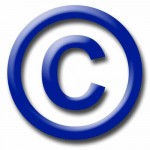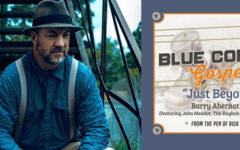 Wired magazine’s Epicenter blog recently ran a story about an impending time bomb written into the Copyright Act of 1976.
Wired magazine’s Epicenter blog recently ran a story about an impending time bomb written into the Copyright Act of 1976.
Their explanation of the legislation is that copyrights for sound recordings are soon going to be up for grabs.
If an artist or author sold a copyright before 1978 (Section 304), they or their heirs can take it back 56 years later. If the artist or author sold the copyright during or after 1978 (Section 203), they can terminate that grant after 35 years. Assuming all the proper paperwork gets done in time, record labels could lose sound recording copyrights they bought in 1978 starting in 2013, 1979 in 2014, and so on. For 1953-and-earlier music, grants can already be terminated.
In other words, artists will soon be able to take control of sound recordings produced before 1978. This could mean good things for artists positioned to take advantage of such a change, and it could possibly intensify the financial pressure the major labels are feeling due to declining CD sales.
I don’t see this being a huge issue for the bluegrass industry, though some important, first and second generation bluegrass music could find its copyright changing hands. Sound Recordings from artists such as Bill Monroe, The Stanley Brothers, even New Grass Revival and The Seldom Scene, could be affected. We could potentially see the release, into the digital world, of music which the labels, for one reason or another, have chosen not to reissue.
I’m not a lawyer, and I certainly don’t understand all the ins and outs of the copyright law, but this article at Law.com contains a paragraph that seems to indicate a sticky mess could insue.
As of now, songwriters and performers — as well as producers, engineers and anyone else who helped create a song — can send a notice for songs created between 1978 and 1984.
In the end, who will own the copyright? I don’t know, but if you’re an artist it would be worth your time to speak with an entertainment lawyer concerning this issue, and what your rights may be regarding sound recordings you made in the 70’s and 80’s.







